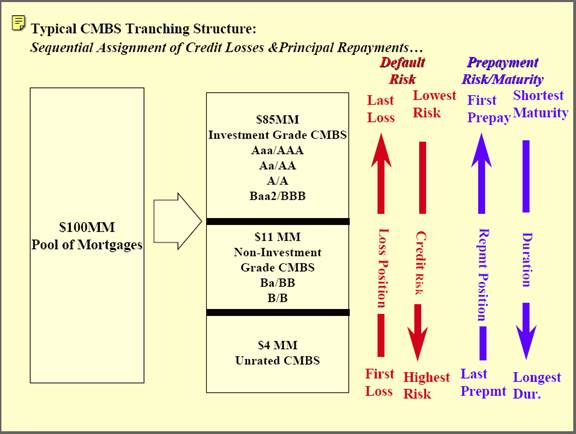On her
Atlantic blog (
"Tax talk"), Megan McCardle writes,
And [University of Chicago Economics Professor and erstwhile Obama economic adviser Austan] Goolsbee justly points out that under the current system, Warren Buffet's secretary has a higher average tax rate than he does.
To be precise, Megan writes "average" tax rate, but since the effective tax rate represents the percentage of one's income that one actually pays in taxes, I assume she meant effective tax rate
1. Does Buffett's secretary (I've also heard the claim made about his housekeeper) have a higher effective tax rate than him? I'm skeptical about this.
According to
these data from the non-partisan Congressional Budget Office, effective federal tax rates in America (taking into account payroll taxes as well) are highly progressive. In 2005, the lowest quintile of earners had an average effective federal tax rate of 4.3%, and the highest quintile had an average effective federal tax rate of 25.5% (the top 1% paid 31.2%). It's possible that the ultra-wealthy such as Buffett have lower effective tax rates than the top 1%, because nearly all of the income of the ultra-wealthy comes from capital gains, but I doubt the ultra-wealthy have lower effective tax rates than housekeepers and secretaries. I'd be more inclined to believe that Buffett's physician has a higher effective tax rate than him than that his housekeeper does. Perhaps Buffett will make public his and his secretary's and housekeeper's tax returns so others can verify this.
In the meantime, the issue of Buffett's taxes versus his secretary's taxes raises a couple of meta-questions:
- Does it make sense to make tax policy based on a small number of outliers such as America's multi-billionaires?
- Would proposed changes in tax policy materially affect these billionaires?
The answer to both questions appears to be "no". Multi-billionaires have far more control over how and when they get paid -- and how and when they get taxed -- than any other tax payers. I doubt Buffett's taxes will be materially affected by any tax code changes made in Washington next year.
The real impact of any changes in tax policies will fall mostly on the "working rich": the surgeon, high-end salesman, or other worker making $250k-$500k+. There will be little if any impact on the Buffetts of this country. Buffett, I would think, knows this, but he is politically savvy enough to position this as an issue of the super-wealthy such as himself paying their 'fair share'. Whether Buffett really thinks he doesn't pay enough in taxes is another question. Two data points suggest otherwise.
The first is Buffett's occasional boasting in his annual letters to Berkshire Hathaway shareholders about how much Berkshire (of which Buffett remains the largest individual shareholder) pays in federal taxes. This, for example, is from his
2006 Letter:
Berkshire will pay about $4.4 billion in federal income tax on its 2006 earnings. In its last fiscal year the U.S. Government spent $2.6 trillion, or about $7 billion per day. Thus, for more than half of one day, Berkshire picked up the tab for all federal expenditures, ranging from Social Security and Medicare payments to the cost of our armed services. Had there been only 600 taxpayers like Berkshire, no one else in America would have needed to pay any federal income or payroll taxes.
The second data point that suggests Buffett isn't really worried that he pays too little in taxes is the method in which he makes his generous donations to the Gates Foundation. Currently, Buffett donates shares of Berkshire Hathaway to the foundation. If Buffett were truly concerned that he didn't pay enough in taxes, he could easily remedy this by selling his Berkshire Hathaway shares first, paying the capital gains taxes on the sales, and then donating the net cash proceeds to the Gates Foundation. Presumably, Buffett donates the shares instead because he feels he pays enough in taxes already, or because he feels that the Gates Foundation will spend his money more wisely than the federal government will. Whatever the reason, avoiding the capital gains tax by donating the shares is inconsistent with Buffett's lamentations about not paying enough in taxes.
1Update: The phrase "average tax rate" is a synonym for the phrase "effective tax rate". Thanks to commenter Jason for indirectly pointing that out.



